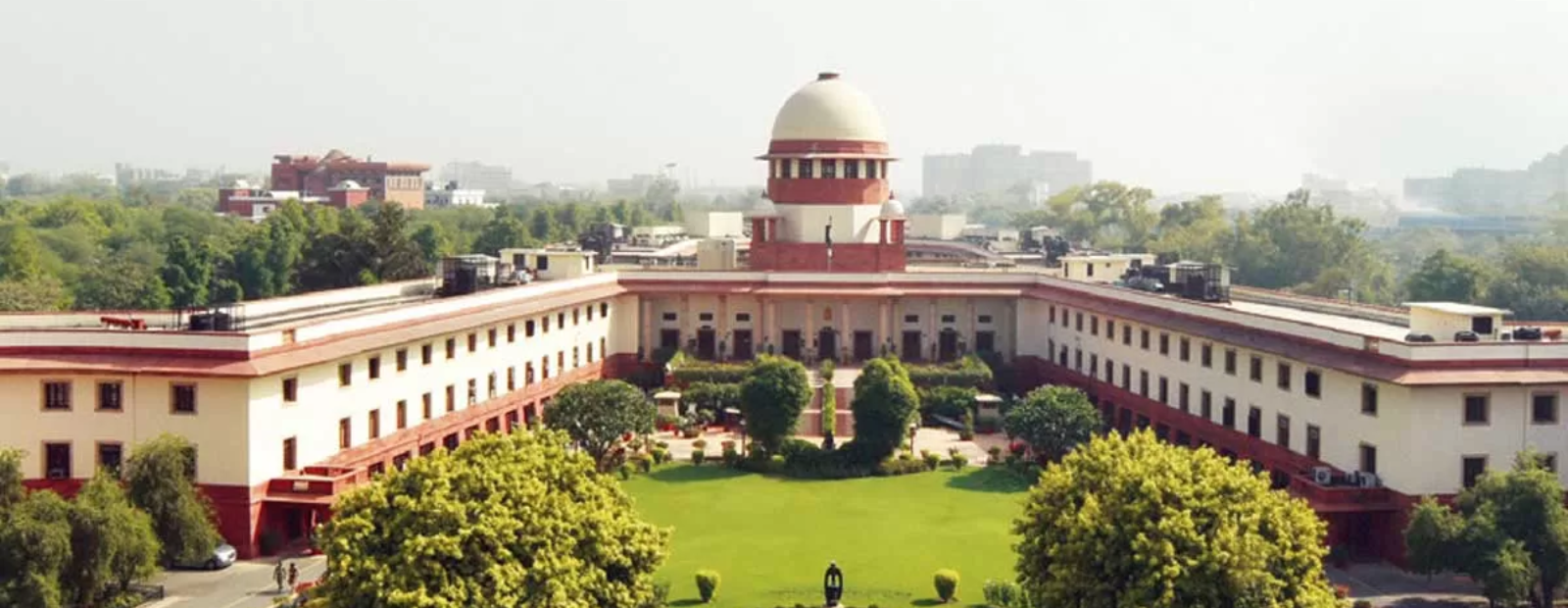
The Supreme Court of India has directed authorities to submit detailed reports on delayed real estate projects in the National Capital Region (NCR). This move comes as a response to mounting concerns over the plight of homebuyers awaiting possession of their properties due to prolonged construction delays.
In a recent hearing, the apex court expressed its concern about the significant number of pending projects in NCR and the financial and emotional strain they impose on homebuyers. Delays in residential and commercial projects have been a longstanding issue in the region, where some projects have been stalled for over a decade.
The court’s directive aims to identify projects that are lagging behind their promised timelines and to understand the reasons behind such delays. This step could pave the way for stricter enforcement of real estate regulations, including those laid out under the Real Estate (Regulation and Development) Act (RERA).
The Supreme Court emphasized the need for transparency in the real estate sector. It urged developers to ensure compliance with RERA provisions, which mandate that all real estate projects are registered, and that developers adhere to their commitments regarding delivery timelines.
The court’s focus is on ensuring that builders provide clear timelines for project completion and compensations in cases of delays. The initiative reflects the judiciary’s intent to safeguard the interests of homebuyers, many of whom have invested their life savings in these projects.
The NCR is one of India’s most vibrant real estate markets, attracting significant investments. However, it has also been plagued with issues such as:
The Supreme Court’s intervention could lead to several potential outcomes:
The court has asked for the details to be submitted within a specified timeframe, signaling its urgency in addressing the issue. Once the reports are in, further actions, including penalties for non-compliance, may follow.
This development is a significant step toward bringing accountability and efficiency to the real estate sector in NCR. It also underscores the judiciary's role in protecting consumer rights and promoting fairness in India's rapidly evolving property market.